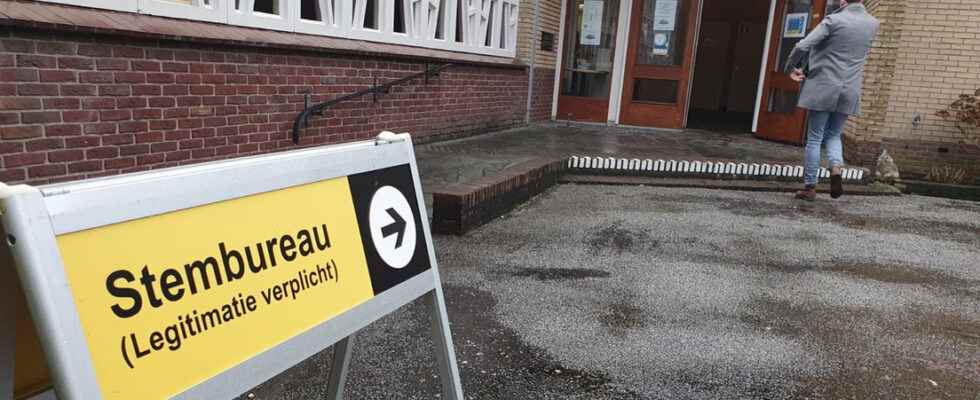WOERDEN – They have one or two seats and are eager to get more. But how do you compete as a small, local party against the large established parties? How do you put yourself in the spotlight and where do you get the money from? These two parties in Woerden think they have found the secret: “You don’t run a campaign just two weeks in advance, but for four years.”
With elections looming, the campaign is in full swing. Cool videos appear on social media, flyers with spearheads are in our mailboxes and on the street you see political parties in matching jackets addressing the shopping public. Unlike during the national elections, you also see many local parties walking the streets during the municipal elections.
The latter are gaining more and more ground in municipal elections, but that does not necessarily make campaigning any easier. One of the reasons is money: they have to collect it through sponsors or their own savings. Unlike national parties. Together they receive 25 million in subsidy from the government for their work, which in turn benefits local departments. Within these parties, information and knowledge are easily passed on.
‘Marketing man’ makes the flyers
This does not apply to local parties, which have to promote themselves on their own. Reem Bakker, leader of Woerden & Democracy (“No, we have no ties with national parties”) broke with the VVD shortly after the previous elections in 2018 and started his own party. He knew then that he wanted to run with his own party in these elections, so he set aside money from the compensation he received as a councillor.
You have to be very visible
“I also looked for people around me who can do things themselves,” says Bakker. For example, the board of the party has a ‘marketing man’ who designs the flyers. He also came up with the party’s slogan: ‘We have to change course’. “You have to be creative with the few resources you have.”
‘We have to make gestures’
This is also seen by Hendrie van Assem of the local party Residents’ Interests, which you can safely call the doyen of the city council. Today he is a one-man after the faction fell apart a few years ago. “We have to make gestures,” says Van Assem. “You can also set aside some money from the membership dues of the members. But in any case, you have to be very frugal.”
Inclusiveness is a strength
Van Assem finds it disturbing that local parties do not receive any form of subsidy. Yet that does not have to mean the death knell for local parties, he says. And that, he says, has everything to do with visibility. “I walk daily in the city, weekly in all the centers of Woerden. You speak to people, they speak to you. People feed me with information and I can then translate that into politics. That is the power of a local party. You have to be very visible. A campaign doesn’t start just weeks before the election, it starts after the election is over.”
Bakker shares that idea. And he also thinks that ‘being inclusive’ is a strength. “As a party we cannot be pigeonholed. We are all-encompassing and focused on the Woerdenaar. Our list includes people of different ethnicities and (religious) backgrounds.”
All local parties together
The two gentlemen are unanimous about the power of local parties. Is it possible to merge? “We can dominate the council together with the other local parties,” says Van Assem. “But people then have to put their egos aside to take a step back.” As far as Bakker is concerned, all local parties come together. “We have many similarities. One of my ambitions will be to bring the parties together and then I will join.”
The gentlemen find it difficult to express expectations about the elections. Residents’ interests hopes for three seats. Woerden & Democracy is now in second place and would also like to see a seat. But, grow up or not, you can still be important in the city council, says Bakker. “As a loner you shouldn’t think you can score quickly,” he says. “But we can plan things for the longer term, ask questions and make a difference.”
